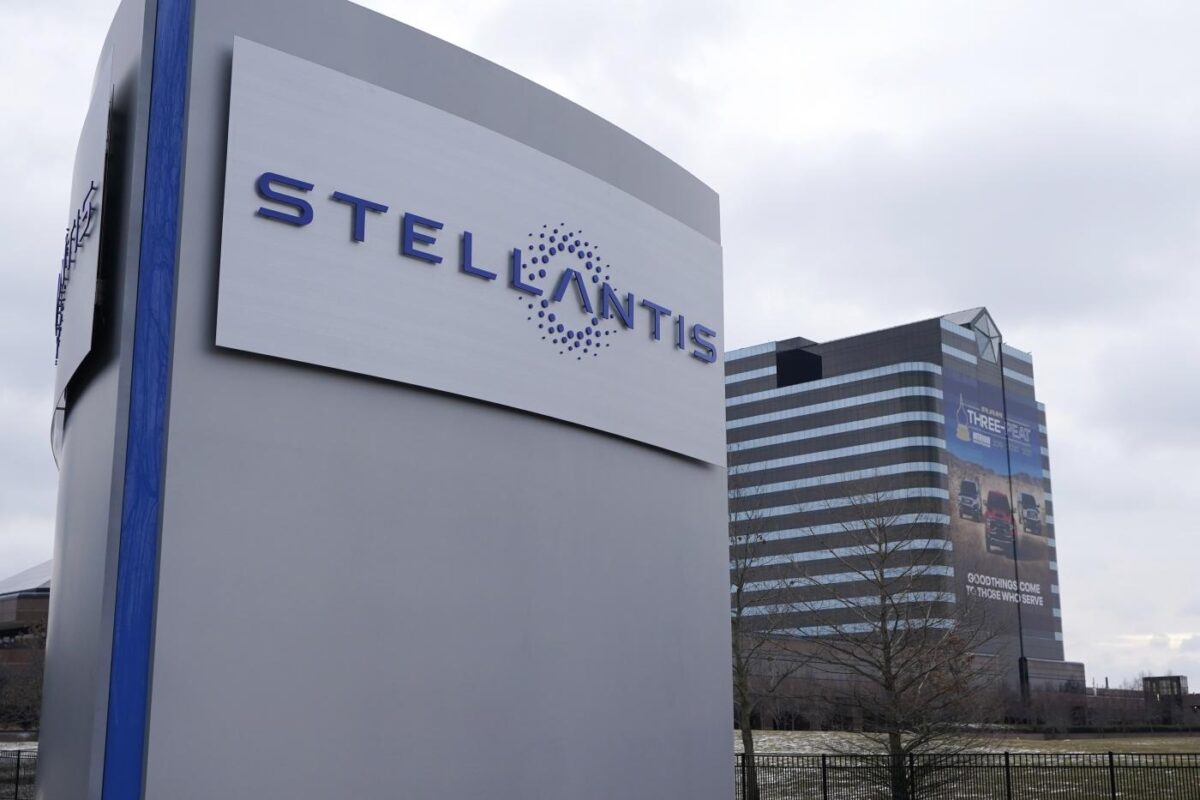The project, worth up to €4.1 billion, aims to boost battery production capacity for small- and mid-sized electric vehicles, addressing the growing demand for zero-emission vehicles in Europe. Production is expected to begin by the end of 2026, marking a crucial milestone in Stellantis’ electrification strategy, which already includes the Acc gigafactory, co-founded in 2020.
The Zaragoza plant could achieve an annual capacity of 50 GWh, an ambitious target dependent on support from local authorities and the European Union, as well as the evolution of the electric vehicle market. The LFP batteries, known for their durability and competitive costs, will be at the heart of this joint venture, enabling Stellantis to expand its range of electric vehicles in the B and C segments with improved range and affordability. Stellantis Chairman John Elkann emphasized the importance of this project in achieving a decarbonized future and strengthening the group’s technological leadership in battery development.
Meanwhile, Stellantis confirms that the details of the Termoli gigafactory in Italy, developed in collaboration with Acc, will be finalized by the first half of 2025. This plant will focus on producing batteries for larger vehicles, complementing the offering of the Spanish facility. However, delays in the Italian project, coupled with labor union tensions and criticisms regarding its impact on employment, highlight the challenges of aligning the group’s industrial ambitions with the needs of the affected regions.
The Spanish investment, incentivized by €357.8 million in state subsidies and European funds for decarbonization, was also facilitated by the support of the Sanchez government. This project reinforces Spain’s role as a strategic hub for the electric automotive industry in Europe, joining other major initiatives underway in the country. Within the European context, Stellantis reaffirms its commitment to a sustainable transition, but challenges related to competitiveness and governmental support remain central to ensuring the success of its vision for electric mobility.

